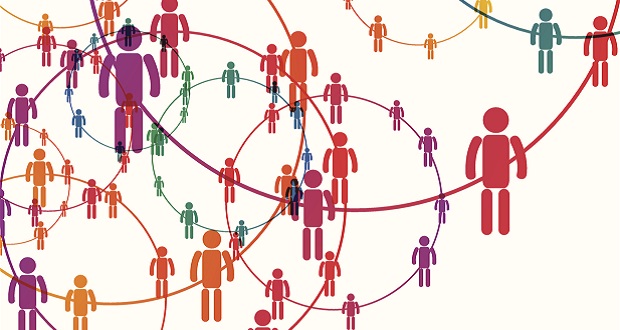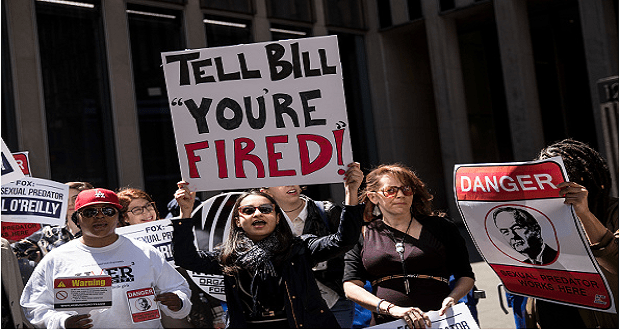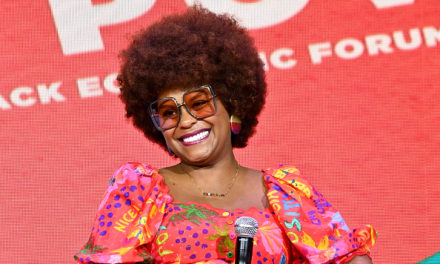
I have written previously about the overwhelming presence of heroic ideals of leadership in organizations and how we need a model of “everyday leadership” that not only accounts for all of life’s complexity—of good and bad—but also for the many seemingly mundane, routine tasks of most leaders. I ended that post by saying, “We just may be looking up into the clouds (for heroic leaders), when the possibility for impact is on the ground, right in front of us (inviting us all to participate as leaders).” But I didn’t say much in terms of what exactly a more “everyday leadership” might look like or how we could practice it. In this post, I want to offer at least one concept that begins to flesh out what an alternative model of leadership might look like—I call it Embodied Leadership.
Heroic leadership typically assumes that there are certain individuals who have a set of traits or strengths (super powers?) that uniquely qualifies them to be leaders—this is evident in all of the assessments leaders usually take which identify which of these traits they have in order to then capitalize on them. And the strengths of heroic leaders are usually psychological in nature—coming from the mind or heart—like charisma, confidence, self-awareness, and empathy. But a model of Embodied Leadership, would shift the focus from the mind of the leader to the body—from who leaders are, to what leaders do. Or put another way, Embodied Leadership would focus more exclusively on all of the unique and diverse experiences that leaders always carry with them—and less on the universal character traits that they presumably share with many others (usually based on assessments).
I should clarify that my use of embody doesn’t necessarily refer to the size, shape, and color of a leader’s physical body—although it may! Instead, I’m thinking about how leaders are walking, talking embodiments of every experience that they’ve ever had—the mysterious way that our past experiences and future hopes get “inside us” and that we carry around. If heroic ideals of leadership encourage a one size fits all (or the few) of leader characteristics, Embodied Leadership encourages a more inclusive vision of leadership in which diverse cultural experiences are leveraged as strengths. In this way, all of us have unique experiences that can be leveraged to inspire, empathize and lead others in our organizations. In the same way that we may transmit our emotions to one another, we may also transmit or “rub off” on others in the embodied ways that we relate. We carry in our bodies diverse ways of greeting, showing compassion, speaking, celebrating, correcting, and handling conflict. Many of our actions we perform unconsciously and habitually—which can cause both confusion and cohesion for those on our receiving ends. But paying closer attention, and taking seriously, our embodied ways of being, can open up not only the possibility for more diverse people in leadership, but unending possibilities for new ways of leading. Embodied Leadership.


















